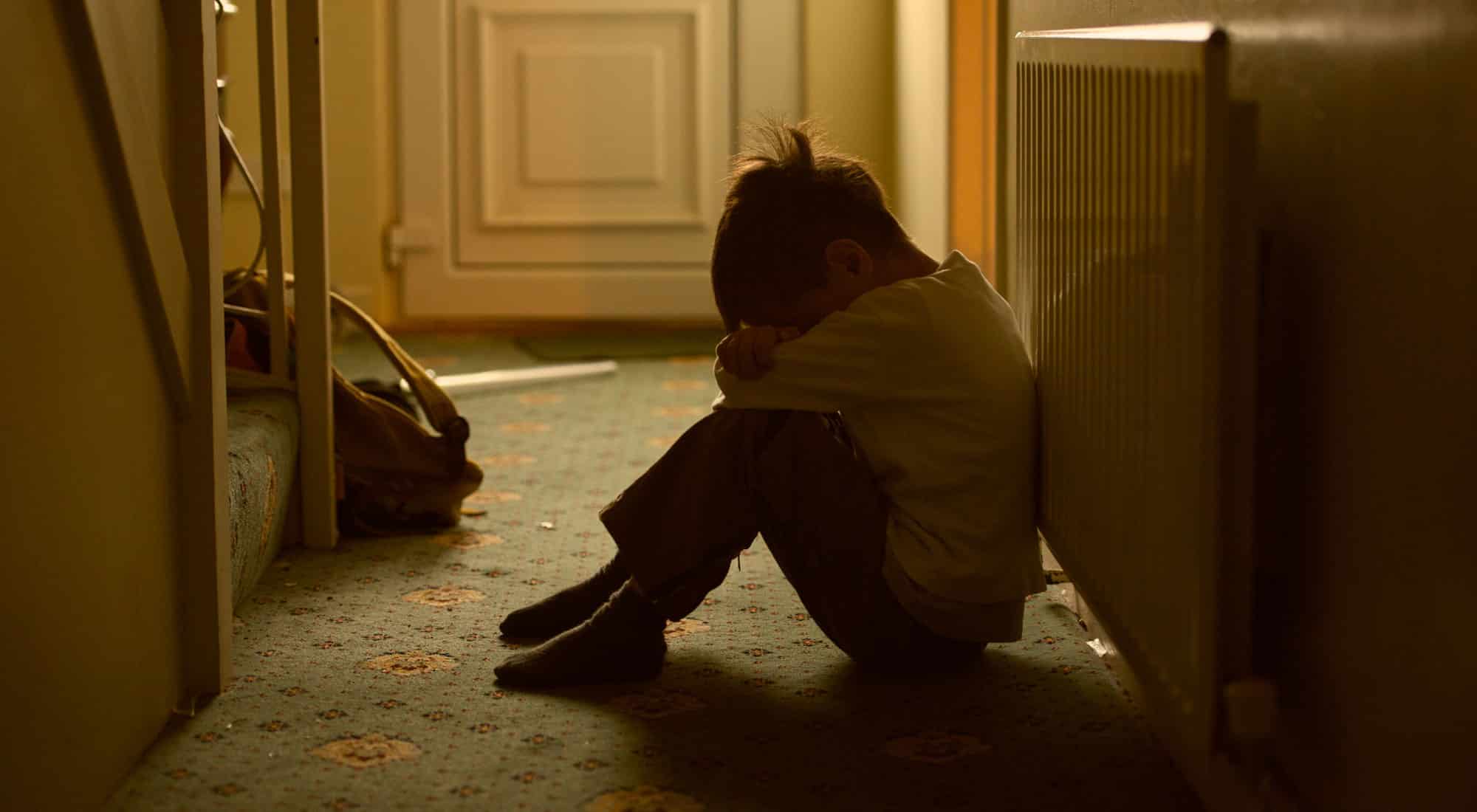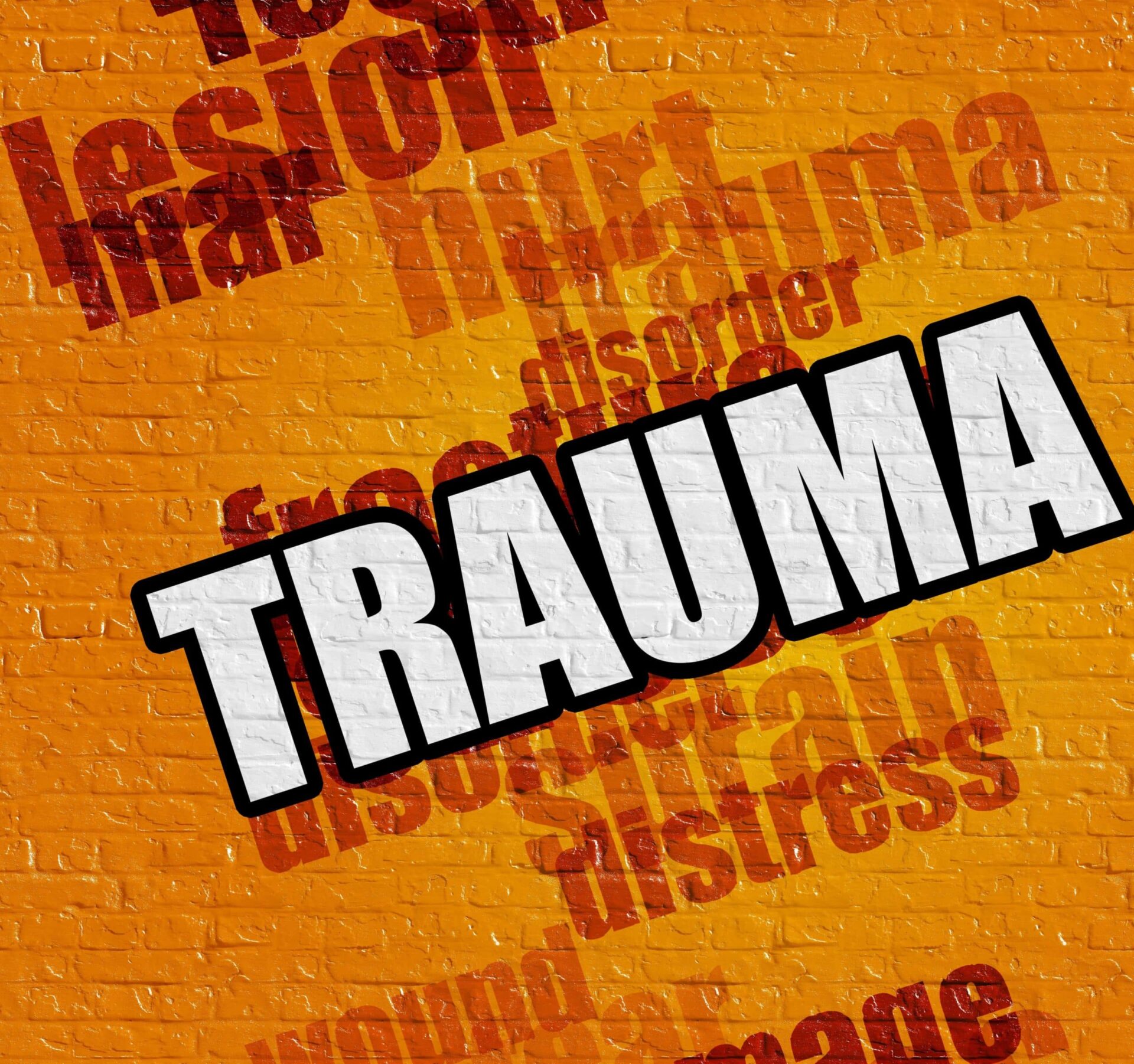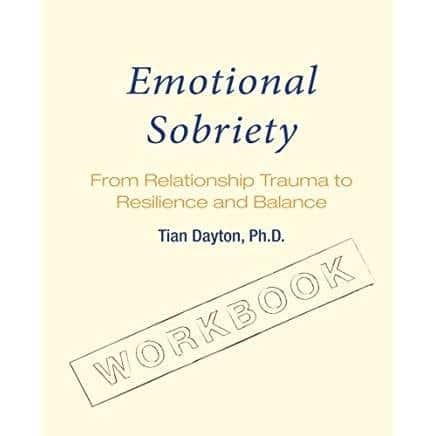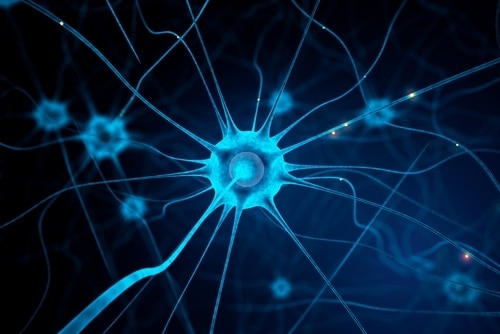

Tag: emotional trauma treatment
-

The Impact of Childhood Sexual Abuse on Adulthood
Childhood sexual abuse (CSA) has the potential to transform the trajectory of your life in a multitude of ways. While the effects of childhood sexual abuse are largely individualized and can manifest at different points throughout your lifespan, commonly reported symptoms and long-term effects include dissociation, depression, anxiety, eating disorders, self-harm, relationship difficulties, and addictive…
-

Why Loving What You Have Can Feel Scary for Those Who’ve Had Adverse Childhood Experiences
To ring in the New Year, I could quote statistics of how certain feelings benefit your cholesterol levels and pump up your immune system and extend your life by 2.3 years. We could discuss that science has proven that appreciation begets happiness and happiness is healthy. But you’ve already heard all that. So on the…
-

Trauma’s Rising Public Profile
By Wesley Gallagher Trauma—it’s a big word with many connotations. Terms like post-traumatic stress disorder (PTSD) have entered the American lexicon, tied to news of terrorist attacks or stories of combat soldiers. But trauma is something that is experienced in big and small ways by people in all circumstances (no war zone required). The media…
-

The Many Masks of Unresolved Grief
Unresolved grief hides behind masks like anger or withdrawal. Discover how to identify these signs and begin healing through understanding.
-

Men’s Trauma Affects Their Recovery and Relationships
Mental health professionals can improve treatment through trauma-centered and gender-responsive approaches. When men seek treatment for addiction, depression, and mental health disorders the outcomes are often quite positive. However, there is still room for improvement, since the risk for relapse after treatment is still somewhat high. Dan Griffin, an American sociologist who has studied gender…
-

The Connection Between Heart Rate Variability (HRV) and PTSD
Post-traumatic Stress Disorder (PTSD) is a significant public health problem in individuals deployed to war. PTSD is a mental health condition linked to many other issues, including anger, insomnia, substance abuse, and chronic depression. Particularly, PTSD is linked to people who are deployed to war. Research shows that 19% of Vietnam-era combat veterans have a…
-

Experiential Therapy for Trauma Treatment
By Tian Dayton, Ph.D. Understanding trauma requires us to feel the stories of our lives to heal them. Traumatic recovery is all about not feeling. Even asking someone about their trauma can be befuddling, if not disturbing, for the client who has learned to put their head down, turn off their sensitivities, and push forward.…
-

Understanding and Coping with Grief and Loss
Grief and loss are unavoidable. They are a natural part of the human condition. No one can escape experiencing several forms of loss throughout their lives. However, in the American culture, many people attempt to avoid the feelings associated with grief and loss by denying the impact it can have on our present and future…
-

The Trauma Timeline: A Journaling Exercise for Understanding the Impact of Relational Trauma
“The essence of psychological trauma is the loss of faith that there is order and continuity in life. Trauma occurs when one loses the sense of having a safe place to retreat within or outside of oneself to deal with frightening emotions or experiences.” Bessel A. van der Kolk, MD Relational trauma can be a…
-

From Learned Helplessness to Learned Optimism
Tian Dayton, Ph.D., TEPTrauma can leave us feeling helpless in the face of our own lives, our own days, our own relationships. “Learned helplessness,” a term coined by psychologist Martin E.P. Seligman, describes an aspect of trauma akin to giving up. We learn the negative lesson that no matter what we do, we cannot seem…
-

Frozen Tears: Processing Hidden Losses
Grief is normal, and it is a direct result of attachment and love. There is really no one-size-fits-all approach to grief. Still, normal grief tends to follow a pattern, whereas complicated or what psychologists refer to as disenfranchised losses can go underground and truthfully never get processed at all. This is when grief becomes what…
-

Neurofeedback and The Sacred Path To Emotional Regulation
By Deirdre Stewart, MSC, LAC Director of Trauma Resolution Services for Meadows Behavioral Healthcare Bessel van der Kolk, world-renowned trauma researcher and Senior Fellow of The Meadows, recently published his Randomized Controlled Study of Neurofeedback for those suffering chronic symptoms of developmental trauma. He showed a 40 percent increase in executive function in patients after…